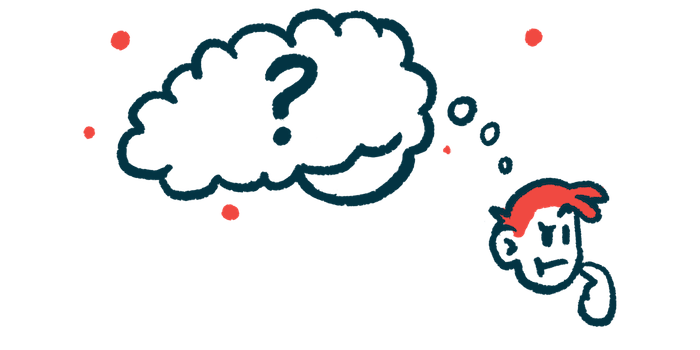Dopamine signaling linked to emotion recognition, study finds
Results could lead to better understanding of Parkinson's treatments
Written by |

Researchers at the University of Birmingham have shown that reducing dopamine signaling in the brain can impair people’s ability to recognize emotions or understand others’ mental states (mentalizing), symptoms that may be experienced by those with Parkinson’s disease.
The study, “Disruption of dopamine D2/D3 system function impairs the human ability to understand the mental states of other people,” was published in PLOS Biology.
“While the mentalizing abilities of people who are struggling with Parkinson’s may not be the main focus of treatment, it nonetheless has a huge impact on people with the disease,” Bianca Schuster, PhD, researcher and the study’s lead author, said in a university press release. “Gaining a better understanding of how dopamine imbalances may affect mentalizing processes in the brain could therefore be really significant for individuals, as well as gaining a better understanding of the secondary effects of the drugs prescribed for Parkinson’s.”
Parkinson’s is caused by the progressive dysfunction and death of dopaminergic neurons, nerve cells responsible for producing dopamine in areas of the brain that control movements, leading to the disease’s symptoms. Dopamine is a neurotransmitter, a chemical messenger that, among other things, plays a key role in pleasure, motivation, and learning.
In addition to motor symptoms, Parkinson’s patients may experience socio-cognitive problems like difficulties with emotion recognition or mentalizing. These symptoms are commonly associated with the social isolation that people with Parkinson’s commonly experience.
Guessing the mental states of triangles
The University of Birmingham researchers demonstrated that interfering with the brain’s dopamine levels may affect mentalizing abilities.
They gave 33 healthy volunteers 2.5 mg of haloperidol, a drug that blocks dopamine receptors in the brain, or a placebo. The volunteers were given haloperidol one day and a placebo on another, and asked to perform the same tasks.
Participants were shown brief, animated videos featuring two triangles engaging in various interactions and asked to label the videos based on the nature of the interaction between the triangles, allowing researchers to assess participants’ ability to discern whether they involved mental states or not. The mental-state interactions showed one triangle intending to influence the other’s mental state, such as by surprising it. Non mental-state interactions involved reciprocal interactions without any intent to impact the other triangle’s mental state, like one triangle following the other.
Participants were asked to interpret the videos by choosing the label they thought best described each scene. After taking haloperidol, they were significantly less able to accurately distinguish between mental and non-mental states shown in the videos.
The researchers also studied participants’ ability to judge emotions, showing them whole-body point light displays, videos of actors in which only joint movements are visible, in which the actors modeled walks designed to model angry, happy, and sad emotions.
The participants were also given a movement task, in which they were asked to walk 10 meters, and a visual working memory task requiring them to determine whether a letter was part of a string of letters previously displayed.
The results suggested that dopamine may modulate inferences from mental and non-mental state interactions via separate pathways, the researchers said.
The effects of haloperidol on patients’ ability to correctly identify mental states were related to the drug’s effects on their ability to recognize emotions in the whole-body emotion perception task, the researchers said. In contrast, drug effects on attributing non-mental states were unrelated to drug-induced impairments in emotion recognition, they said.
“The main implication of our work is that in disorders with dopamine dysfunctions, in addition to producing the primary symptoms associated with these disorders (such as motor symptoms in Parkinson’s disease), the dopamine imbalance also affects individuals’ socio-cognitive abilities,” Schuster said. “This work could have implications for the way in which we treat Parkinson’s in the future, but also the way in which we use any drugs which affect the action of dopamine in the brain.”



